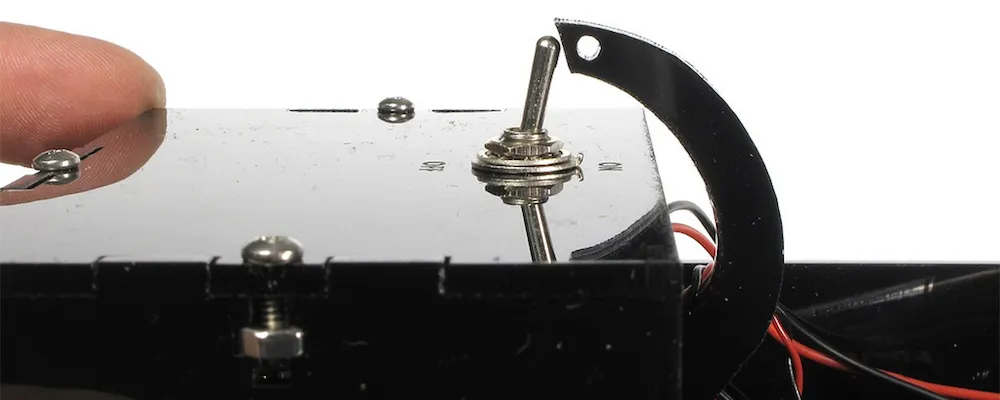Inspiring Books
Wednesday January 27, 2016



Marvin Minksy has died. Minsky was a pioneer of robotics and artificial intelligence at M.I.T. for half a century or so. And among other things, he invented the useless machine, a device that simply switches itself off and has no other purpose. One is shown in the picture above.
This reminds me of another story I’ve been wanting to tell. Last spring and summer, I told the story of the virtual bumblebees and how I was inspired by Artificial Life by Steven Levy.
Importantly, I checked this book out around 1994. Well, I think I also checked it out in 1997. See, I purchased a copy from Amazon in 2005. But while looking through a stash of books here a few weeks ago, I found another copy. It was the copy belonging to Lane Public Library. The due date was September 2, 1997 and I appear to have had it checked out for more than 18 years at this point.1
I first learned of Marvin Minsky from this book. But I also learned of a lot of other things, like artificial neural networks, genetic algorithms, and other tools behind what we call “data science” today. The book is about people who build machines that think. And it is no coincidence that today, I am a data scientist building machines that think.
Today I called Lane and spoke to a wonderful librarian named Cece Philpot. I explained I had had the book out since 1997. She offered to waive the late fees and let me keep it. I explained that I had another copy and that this book, this copy, was one of a few responsible for making me the person I am today.2 It was important to me that the book go back on the shelf so another 14-year old can be inspired. Though dated, replicating the work described in here is still a great start for any aspiring robot builder.
Ms Philpot has assured me it will go back on the shelf and I will be putting it into the mail as soon as the snow clears.
Image by Solarbotics via Flickr.
#ChaseKBH cannot believe I have had this book out since the year began with a 1. ↩
Also, Bots: The Origin of a New Species by Andrew Leonard, which is a remarkably bad book in retrospect. ↩